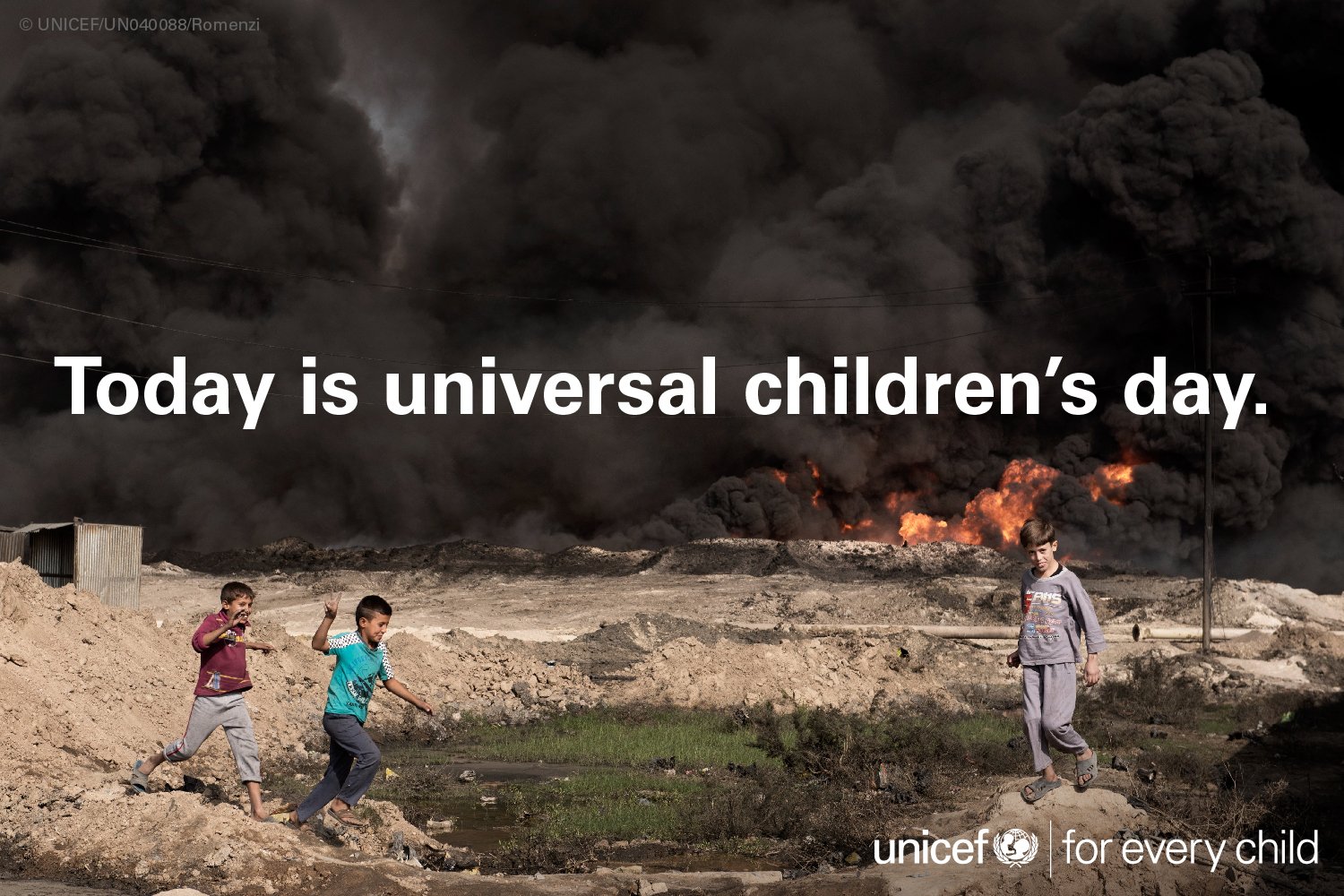credits: Elyx Yak, virtual ambassador UN
"Education should help young people learn how to learn: combining knowledge, life skills & critical thinking. "
Antonio Guterres, Secretary General of UN
Today we celebrate the International Youth Day. On 17 December 1999, the United Nations General Assembly endorsed the recommendation made by the World Conference of Ministers Responsible for Youth the 12 August be declared International Youth Day.
Theme 2019:
“Transforming education.”
The theme of International Youth Day 2019, “Transforming education”, highlights efforts to make education more relevant, equitable and inclusive for all youth, including efforts by youth themselves.
There are currently 1.8 billion young people between the ages of 10 and 24 in the world. This is the largest youth population ever.
But 1 in 10 of the world’s children live in conflict zones and 24 million of them are out of school. Political instability, labour market challenges and limited space for political and civic participation have led to increasing isolation of youth in societies.
Rooted in Goal 4 of the 2030 Agenda for Sustainable Development – to “ensure inclusive and equitable quality education and promote lifelong learning opportunities for all”.
credits: UN
Youth engagement is crucial to bringing about more relevant, equitable and inclusive education. Youth-led organizations are transforming education by partnering with Governments, educational institutions and other stakeholders, lobbying and advocating education policies and developing complementary training programs.
Joshua Wong
credits: AFP
via The Telegraph
Youth-led organizations are addressing barriers for youth on the basis of economic status, ethnic group, gender, and other characteristics;
via Race Peace Campaign
Updating education plans and school curricula to include lessons about peace, justice and the environment and climate change, among many other areas.
Greta Thunberg
@GretaThunberg
Youth engagement is essential to the transformation of education into a means for inclusive youth development and sustainable development more broadly.
Olga Misik
credits: Vera Oleinikova
via BBC
"On #YouthDay, we celebrate all those who are working to transform education to make it more inclusive, accessible & relevant to today’s world."
Antonio Guterres, on Twitter
Let's talk Malala Yousafzai, Greta Thunberg, Olga Misik, Emma González and Joshua Wong. Five young activists who are changing some important issues in their countries and all over the world. They are educated, developed critical thinking and they know how to fight for values: girls education, democracy, climate change and gun control.
credits: unknown
via Google Images
Education:
International Youth Day 2019 will highlight good practices and lessons learned in the efforts undertaken to ensure that education is relevant, equitable and inclusive for all youth. It will also sketch out the road ahead for the various stakeholders engaged in this endeavour.
This year’s theme highlights efforts to make education more inclusive and accessible for all youth, including efforts by youth themselves.
Are your school celebrating #YouthDay? Planning a special activity? UN wants to know! Tweet or email at youth@un.org
Spread the word:
- Use #YouthDay #TransformingEducation #SDG4 for all your tweets on the International Youth Day
- Follow on twitter @UN4Youth | @UNDESASocial and on Facebook at: facebook.com/UN4Youth
"The function of education is to teach one to think intensively and to think critically. Intelligence plus character - that is the goal of true education."
Martin Luther King. Jr.
G-Souto
12.08.2019
Copyright © 2019G-Souto'sBlog, gsouto-digitalteacher.blogspot.com®

Schools : International Youth Day : Youth2030 by GinaSouto is licensed under a Creative Commons Attribution-NonCommercial-NoDerivatives 4.0 International License.
























